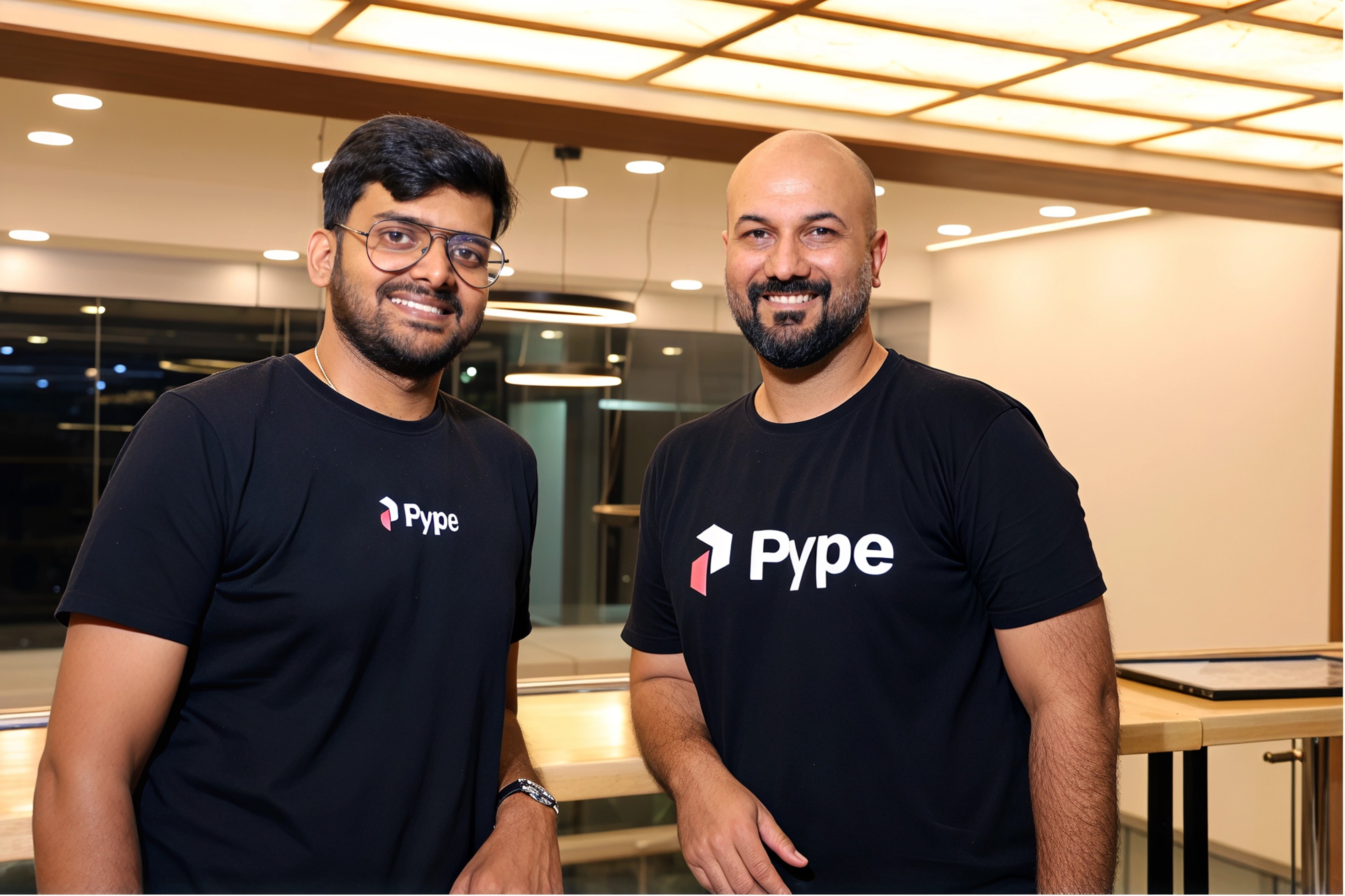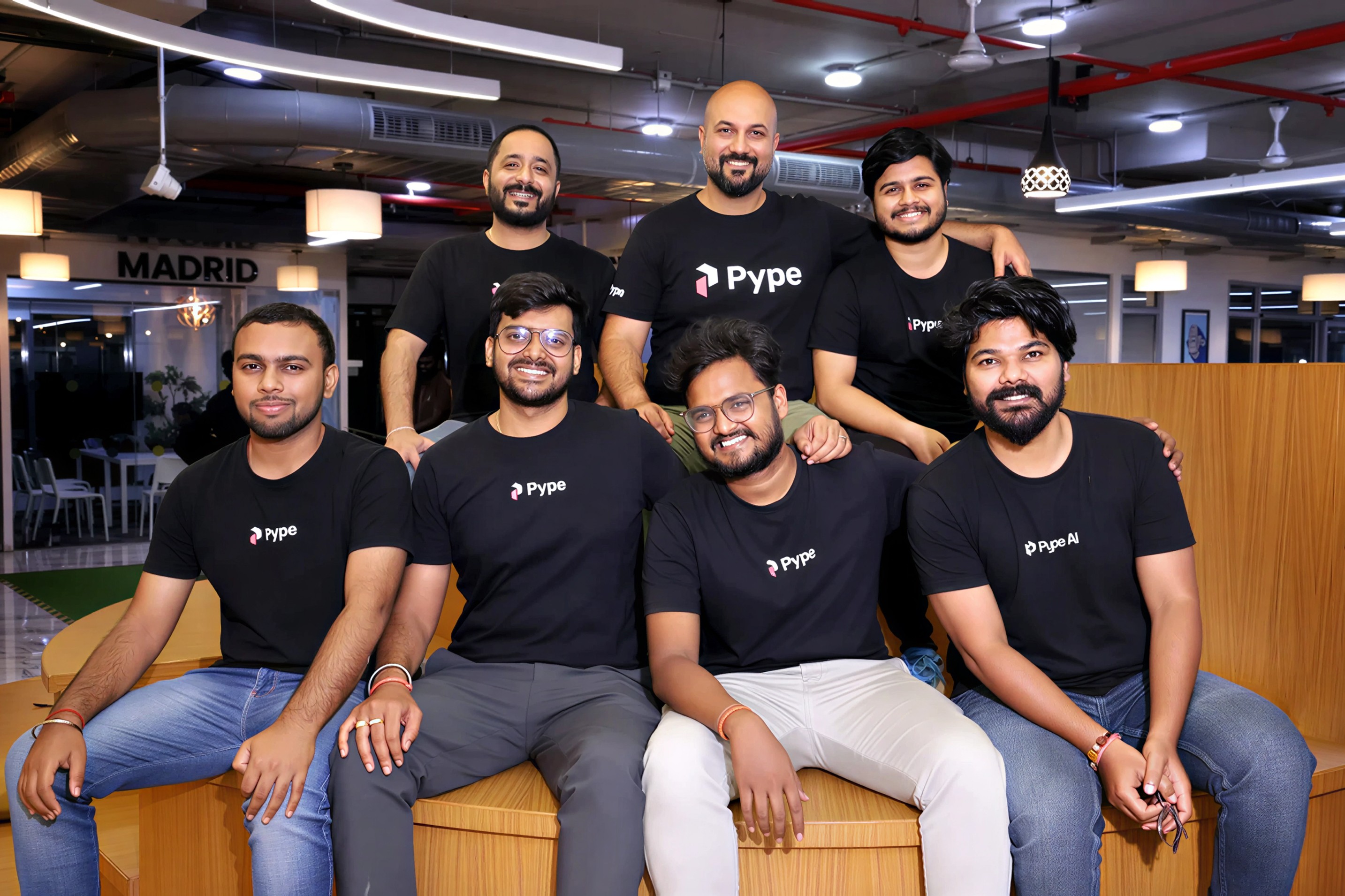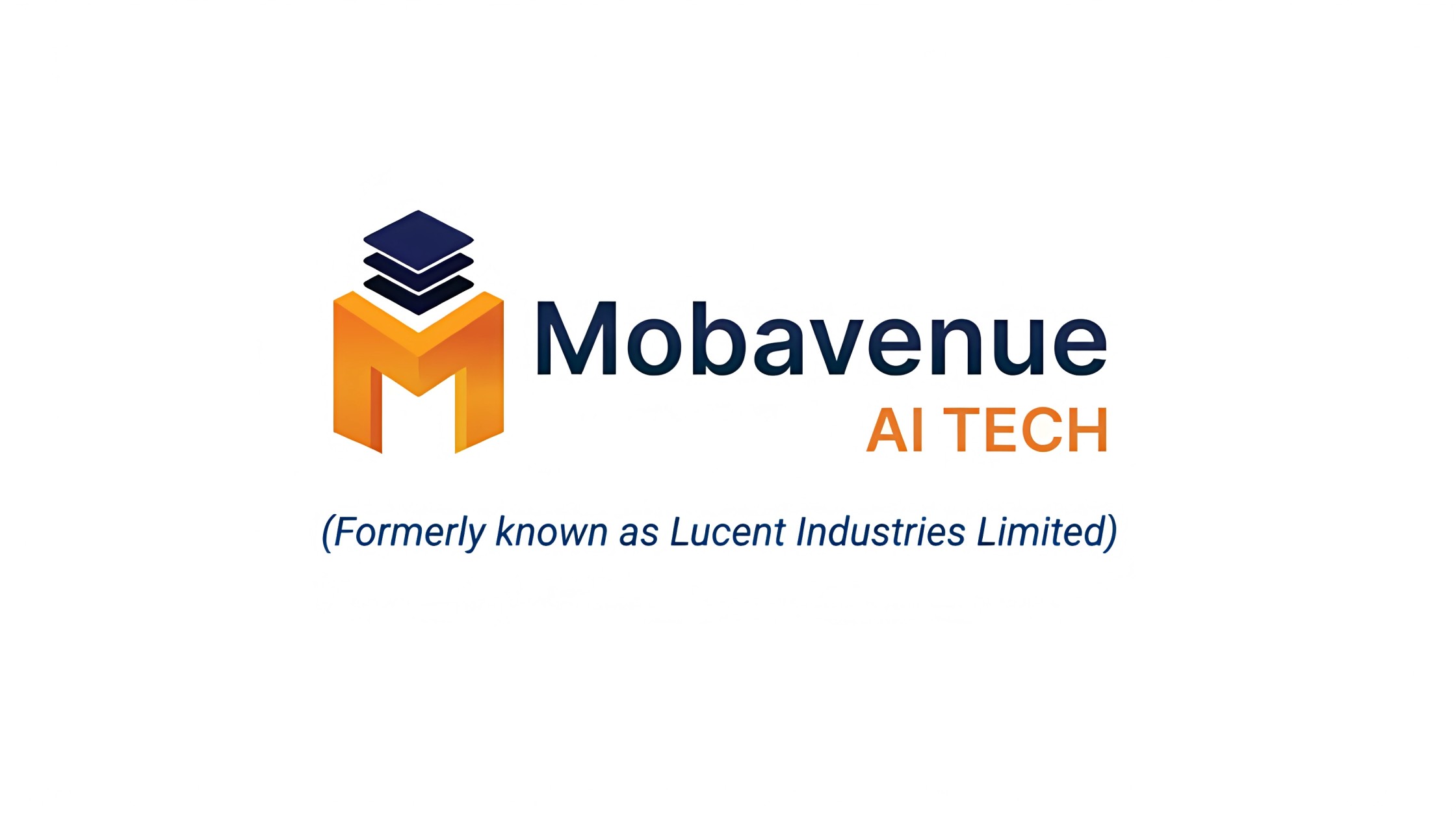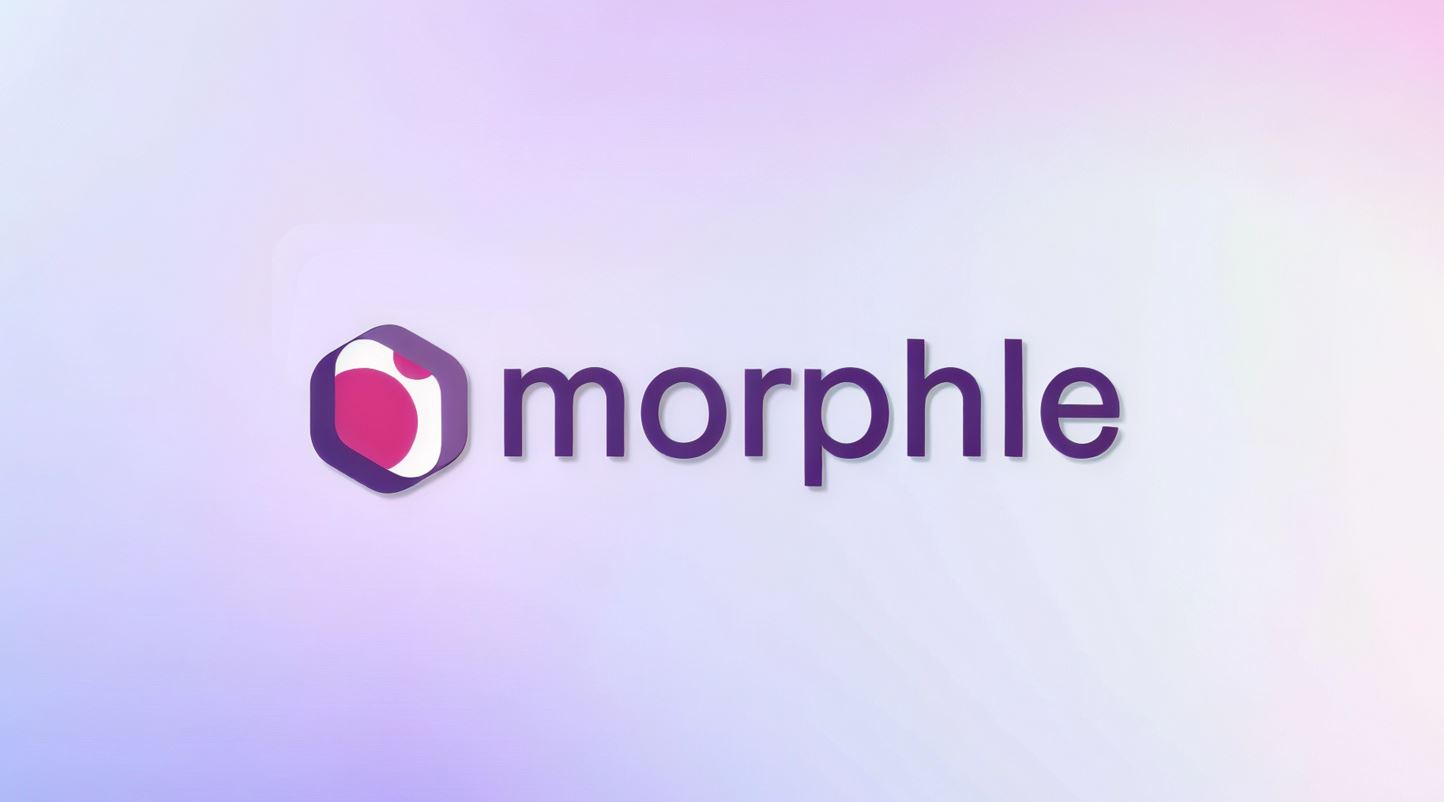Hospitals everywhere struggle with the same problem patients fall through the cracks once they leave the building. Missed reminders, unanswered questions, and outdated phone systems make it hard for care teams to stay connected, and the result is often poorer outcomes and lost revenue. A young health tech startup is trying to close that gap by putting intelligent automation on the front line of patient communication. That company is Pype AI voice healthcare agents, which has just raised $1.2 million a pre seed round led by Kalaari Capital.
The funding round, joined by Wyser Capital and Tenity, will support the development of Pype platform and its expansion into the United States. The focus is a suite of voice based agents that can be deployed straight out of the box, taking over routine patient interactions while routing urgent needs to human staff.

How do Pype AI agents change hospital communication
Founded in twenty twenty four by Dhruv Mehra and Ashish Tripathy, Pype builds domain specific voice agents trained on medical conversations. These systems handle appointment scheduling, follow up calls, treatment preparation, and round the clock support, helping hospitals go live in days rather than months.
Unlike generic chat tools, the agents are tuned for clinical reliability. They draw on rich datasets of medical dialogues to perform accurate triage, give high fidelity information, and speak in an empathetic tone. By integrating directly with electronic medical records, they can update charts, flag urgent cases in real time, and keep care teams informed without manual data entry.
ADVERTISEMENT
Early deployments across multiple Indian healthcare facilities show the agents handling more than eighty five percent of patient queries without human intervention. Hospitals report fewer no shows, better adherence to treatment plans, and more available time for staff to focus on complex cases.
What makes the surrounding platform important
Beyond the agents themselves, Pype has built Whispey, an open source observability layer that tracks how the systems behave. With around forty focused evaluations, it helps teams monitor safety, compliance, and performance in detail. An industry first feature allows clinicians to leave spoken feedback during live calls, accelerating annotation, testing, and improvement.
This feedback loop is critical in a domain where regulatory requirements are strict and stakes are high. It allows the team to refine models quickly while giving hospital partners visibility and control over how automation is being used.
The company is also working on integrations with major electronic record providers such as Zocdoc, Epic, and Cerner, laying the groundwork for wider adoption in international markets.
What should hospitals know about adopting Pype AI voice healthcare agents
For providers considering AI driven communication, Pype pitch rests on three pillars.
• Reduce missed appointments and no shows through consistent reminders and follow ups
• Cut operational costs by automating routine calls, freeing staff for higher value work
• Improve patient experience with always available, human like voice support
ADVERTISEMENT
The founders position their vision as building an AI nurse for every hospital, not to replace people but to extend care capacity. By handling the routine coordination that does not require clinical judgment, the system lets doctors and nurses focus on patients who need direct attention.
A growing team of engineers, researchers, and physician advisors across India and the United States is now working to scale deployments to more than fifty hospitals and clinic chains by mid twenty twenty six. In parallel, the company is collaborating with medical experts to publish research on how such tools can affect treatment adherence and readmission rates.
With fresh backing from Kalaari Capital and others, Pype AI voice healthcare agents are moving from early pilots to broader adoption, positioning themselves as a new layer in hospital infrastructure. By combining clinically trained voice automation, observability tools, and deep integrations with existing systems, the startup aims to make patient communication continuous, reliable, and scalable for health providers in India and beyond.
Follow Marketing Moves on Instagram and Facebook for more automotive brand strategy and campaign insights.
















